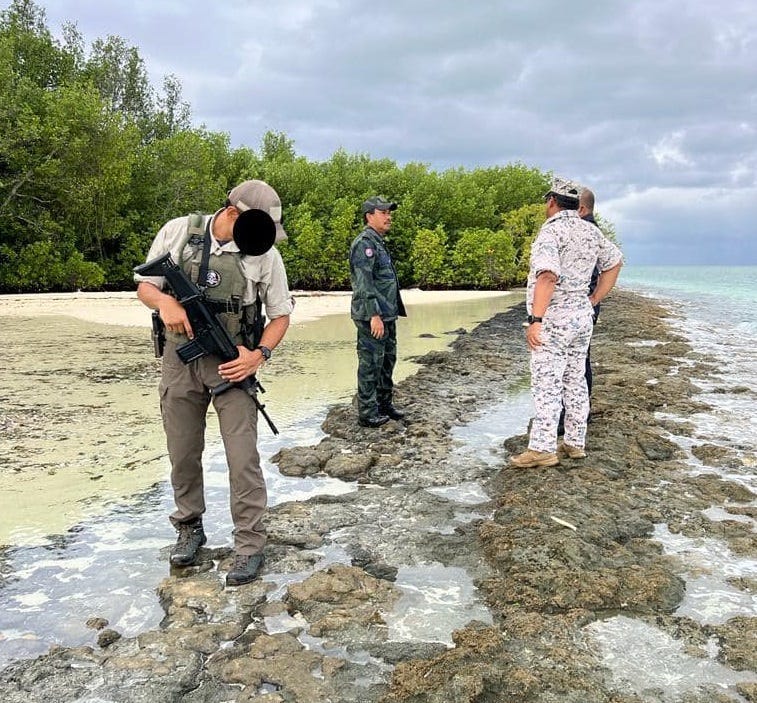Malaysia's Borneo state mulls reviving 1960s-era indigenous border force to boost security
Border Scouts instrumental in warding off Indonesian army during 1963-1966 conflict.

SABAH: The Malaysian Borneo state of Sabah is looking into reviving a 1960s-era indigenous border force called the Border Scouts as part of additional overland security measures against transborder crime including the movement of militants.
Although the state’s security situation has greatly improved especially at sea following the setting up of the Eastern Sabah Security Command or Esscom, many other criminal activities still continue overland such as crossborder smuggling of subsidised essential goods, among others.
The Border Scouts would also provide a security boost.
Sabah Chief Minister Hajiji Noor said under such a proposal, the Border Scouts would be treated as state officers and paid by the state government.
“We are thinking about having Border Scouts in Sabah by placing them at the borders to ward off security threats, among others,” Hajiji told Sabah’s leading daily The Daily Express in a special interview.
“But of course, we must engage the federal government because this is a matter of security.”
Hajiji recalled that Sabah used to have Border Scouts who were placed under the state’s payroll.
He believed such a proposal is in Sabah’s best interests. If approved, they would be treated as state officers but must have background and working experience in the security field and would be trained by the federal government.
He said several of these trained scouts would be placed to guard various state borders, parts of which are often used as rat trails by smugglers and human traffickers.
“These scouts are our people, i.e. Sabahans and they will look after our borders,” Hajiji said, adding that salaries and remunerations would be looked into.
The Sabah Border Scouts were a paramilitary unit formed in 1963 and trained by the British.
The unit consisted of about 1,500 men under the command of Richard Noone and officers from the Semoi Praaq, who were Orang Asli or indigenous people.
They played an important role in warding off incursions by the Indonesian army in the south of Sabah during the 1963-1966 conflict when Indonesian President Sukarno opposed the formation of Malaysia.
The Border Scouts then consisted largely of Murut, another indigenous group, and proved a huge success due to their local knowledge of the land and forests. They gathered intelligence for enforcement units to enable strikes against enemy incursions and the prevention of crossborder crime and smuggling.
The Border Scouts unit was disbanded in 1986 on grounds that there was no longer any external threat to Sabah.
However, there have been consistent calls for the unit to be revived following the influx of immigrants that are now believed to number a third of the state’s population, with many of them undocumented.
Some are believed to be sympathisers of Abu Sayyaf terrorists from the southern Philippines who carried out nearly 20 crossborder kidnappings since 2000.
Police last year revealed in a Daily Express investigative report that some Abu Sayyaf elements had managed to infiltrate parts of Sabah and sat idle as sleeper agents for a decade before several of them high on the Philippine wanted list were killed in a shootout with the police after the militants’ encampment was discovered in Sabah’s southwestern Beaufort district in 2021.
Persistent claims that militants with links to the so-called Royal Sulu Army that intruded into Sabah’s Lahad Datu district in 2013, which led to a bloody confrontation with 10 Malaysian security personnel killed, also prompted calls for the Border Scouts to be revived as an additional measure.
* This article, slightly repurposed, originally appears in The Daily Express written by Hayati Dzulkifli and James Sarda


